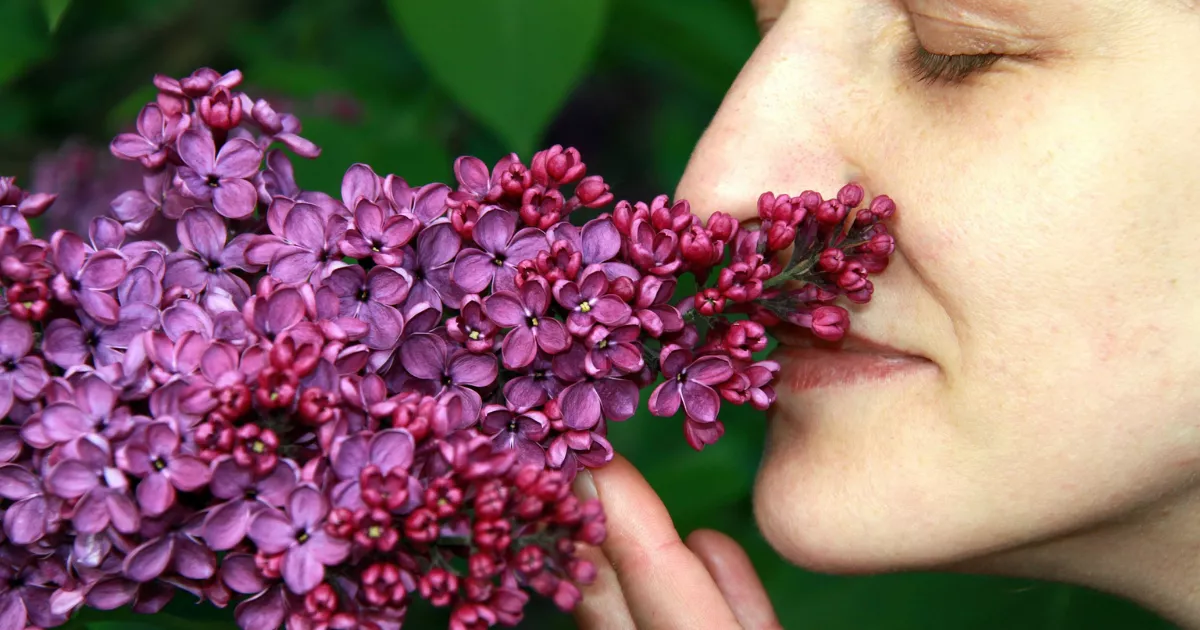Navigating Loss of Smell and Taste with Long COVID
Loss of taste and smell with long COVID (post-COVID syndrome) is one of the most common symptoms of the disease. Loss of smell is also referred to as anosmia, and loss of taste is called ageusia. Both of them have come to be telltale signs of long covid, a condition characterized by persistent COVID-19 symptoms sustained weeks for months after the virus leaves the system.
Since the earliest days of the pandemic, patients have reported the temporary loss of these two senses, and more and more research is being done to discover what causes it, how long they last, and what you should do if you’re affected.
How Common Is Loss of Taste and Smell?

Lose of Taste and Smell with Long COVID
(This image is from Pixabay.)
Current data indicates that between 50% and 75% of people infected with COVID-19 temporarily lose their olfactory (sense of smell). One study found that up to 80% experienced this symptom. Data on the prevalence of loss of taste vary; however, some studies put them on part with rates of loss of smell. Many long-patients also experience a condition called parosmia, which is not a loss of smell but rather an alteration of the sense. Patients with parosmia often report tastes they once love becoming offensive and downright unpleasant, including fresh-brewed coffee smelling like sour milk or water tasting and smelling like chemicals.
Why Does Loss of Taste and Smell with Long COVID Occur?
There are multiple theories as to why long COVID interrupts or alters taste and smell. The most common and likely theory is that COVID negatively affects what are called sustentacular cells, or cells that affect the olfactory senses. SARS-CoV-2 uses the ACE2 receptor protein to enter human cells. This protein is expressed in cells that provide metabolic and structural support to olfactory sensory neurons, as well as certain populations of stem cells and blood vessel cells. Sustentacular cells maintain the structural integrity of the olfactory epithelium, and thus, are closely linked with these neurons and general olfactory signal transmission in COVID patients.
How Long Does Loss of Taste and Smell with Long COVID Last?
Most COVID-19 patients will regain their sense of taste and smell after a time. One study revealed that around 80% of people who lose their sense of smell or taste because of COVID-19 recover it within six months, with adults younger than 40 specifically more likely to regain function. In long-COVID cases, however, it can take significantly longer.
Many who struggle with long COVID report loss of taste and smell lasting a year or more. Work with your doctor to determine how you can work toward restoring these senses if they don’t return after a suitable period of time. Permanent loss of smell and taste can lead to serious safety and quality-of-life problems, from the inability to smell or taste harmful substances to enjoying your favorite foods, drinks, and fragrances. The olfactory senses can also be crucial in selecting a romantic partner and in maternal-child bonding.
How Can I Regain My Sense of Taste and Smell?
Smell training has emerged as an increasingly viable solution for those with prolonged anosmia, parosmia, and ageusia. It involves sniffing several potent scents twice a day to stimulate, improve, and hopefully restore your sense of smell.
While there’s no exact formula for scent training, experts suggest:
- Keeping your scents easily accessible.
- Smelling each scent for about 20 seconds (so the entire session lasts about one minute).
- Taking short sniffs rather than deep inhalations.
Experts also recommend choosing four strong, distinct, familiar scents that evoke intense and vivid memories. You can use soap, shampoo, cologne, food, spices, flowers, or similar items.
How Long Should I Continue Scent Training?
While doctors advise their patients to do smell training twice a day for three months, the timeline can vary for each patient. Do it for as long as you need to and:
- Record each training session on a calendar to help make the training a habit.
- Keep a diary of your experiences from each session.
- Join an online community of peers for support and encouragement.
For the latest information on symptoms, treatment, and management of long COVID, download the Responsum for Long COVID app.


